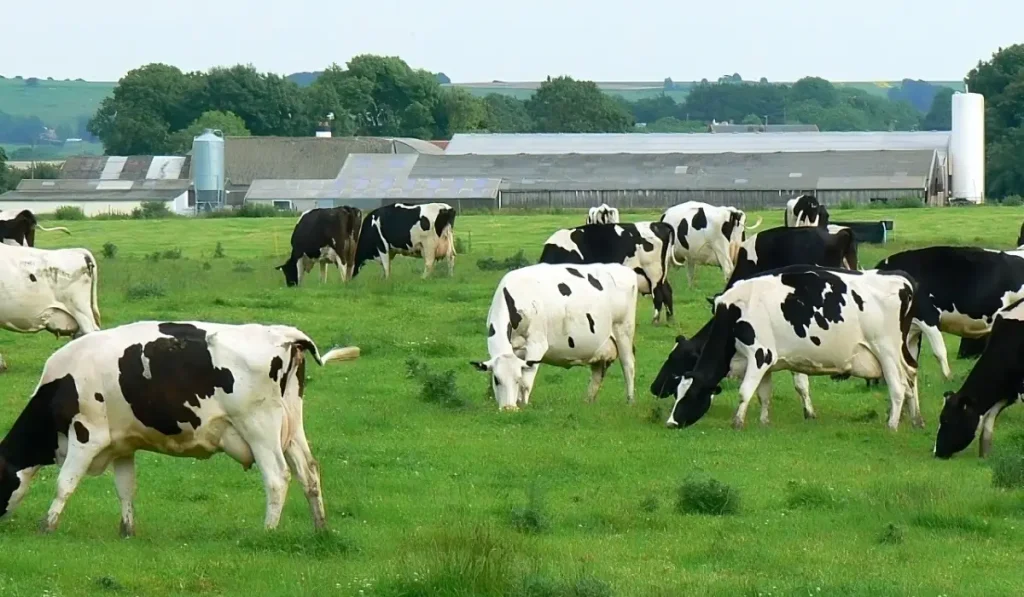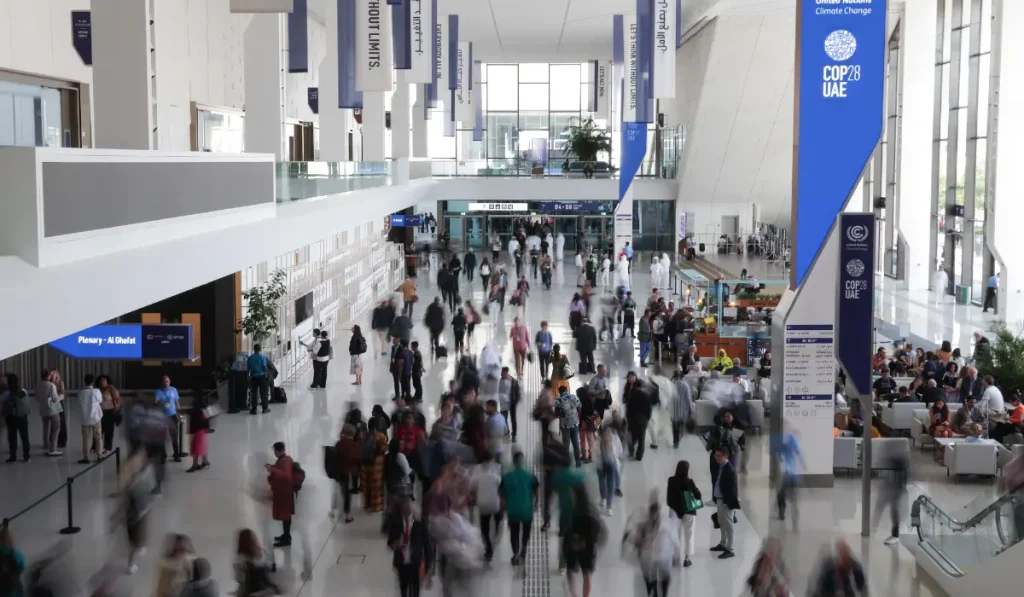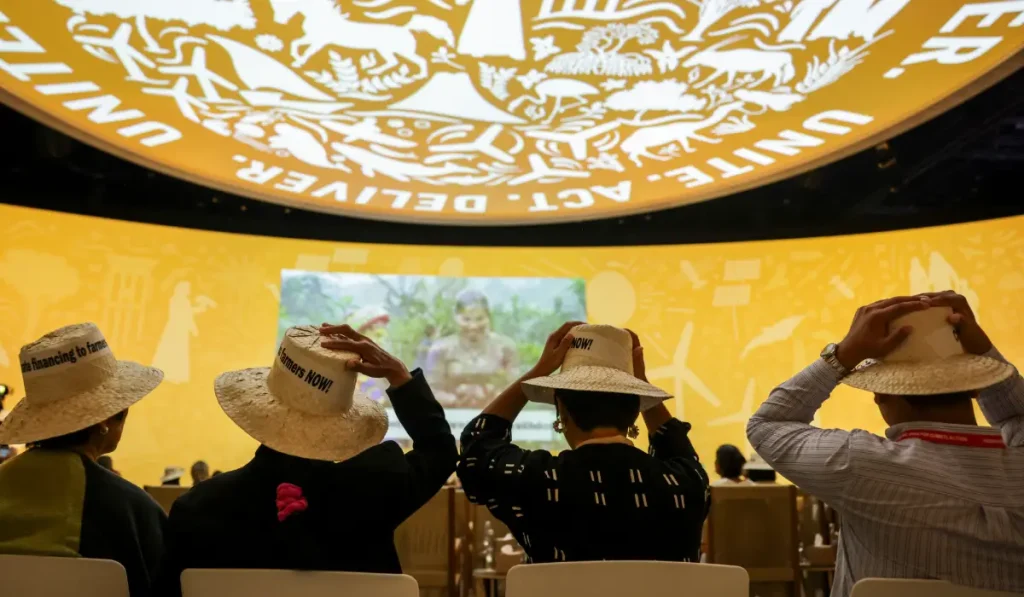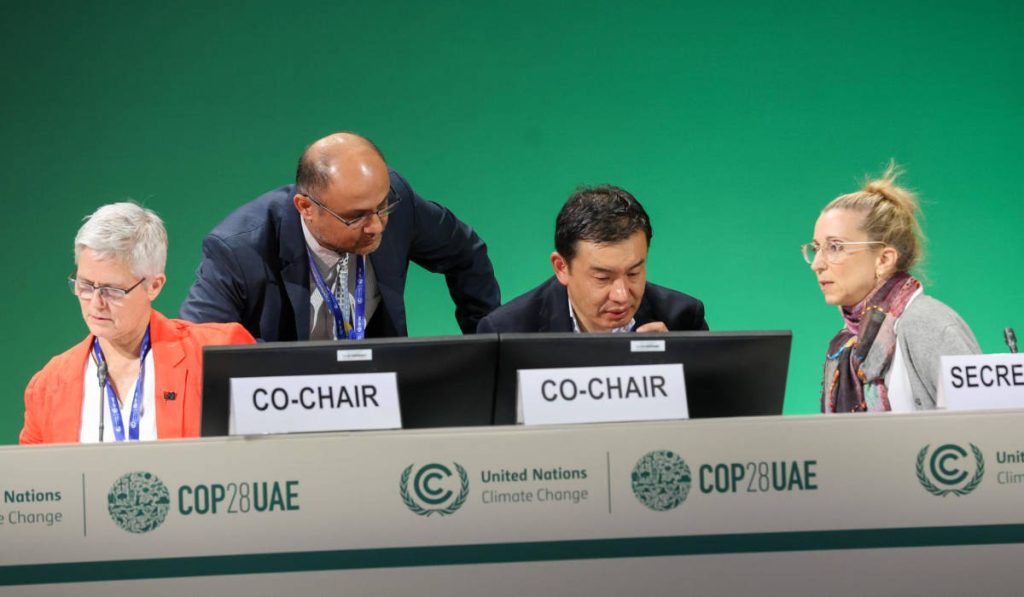The UAE has announced it will introduce a special focus on trade at COP28 in November and December this year, with a dedicated day under the conference’s Presidency Thematic Programme. The announcement was made at the Committee on Trade and Environment, with the UAE Ministry of the Economy, the COP28 Presidency and the WTO Secretariat also co-leading a committee on trade for COP28.
He announcement follows calls at the Bonn climate negotiations where Latin American countries decried the hypocrisy of the EU’s Carbon Border Adjustment mechanism, calling it a violation of the principles of the UNFCCC, Paris Agreement, and global trade rules. Many complained that trade impacts and unilateral measures weren’t being taken seriously within the agenda, particularly within the UNFCCC’s Forum on Response Measures. Whilst a dedicated day on trade doesn’t fully plug this gap, it will go a long way in integrating parallel discussions around trade and climate happening within the WTO, the newly founded G7 Carbon Club, and more peripherally within the UNFCCC.
Dr Thani Al Zeyoudi the UAE’s Minister of State for Foreign Trade, said, “We are excited that COP28 will showcase the opportunities in the sector for future-focused thinking that can deliver a trading system that is smarter, faster and more inclusive.” The WTO’s Director General, Dr Ngozi Okonjo-Iweala also noted that trade ought to be an essential element in any climate change conversation, stating “Trade has too often been the missing link when responding to the climate crisis, but for this year’s COP28, the UAE Presidency is ensuring trade is part of the agenda”
The announcement follows a decision by Australia on 10 July to joint he G7’s Climate Club after Australian Prime Minister Anthony Albanese toured the EU. The Climate Club is ostensibly designed to help reduce by emissions through a coalition of high ambition countries. Although details are light, the Club, which was established in December last year, is designed to target emissions reductions in the industrial sector, including through “trade cooperation”. It is thought that this could include bilateral trade deals on green steel. It also could be more universal, where participant countries set ambitious targets and require trading partners to meet the targets set, with import tariffs imposed on non-participant countries or member countries that fail to meet the targets. This would force the hand of developing countries to meet these more ambitious targets or lose out on trade.





